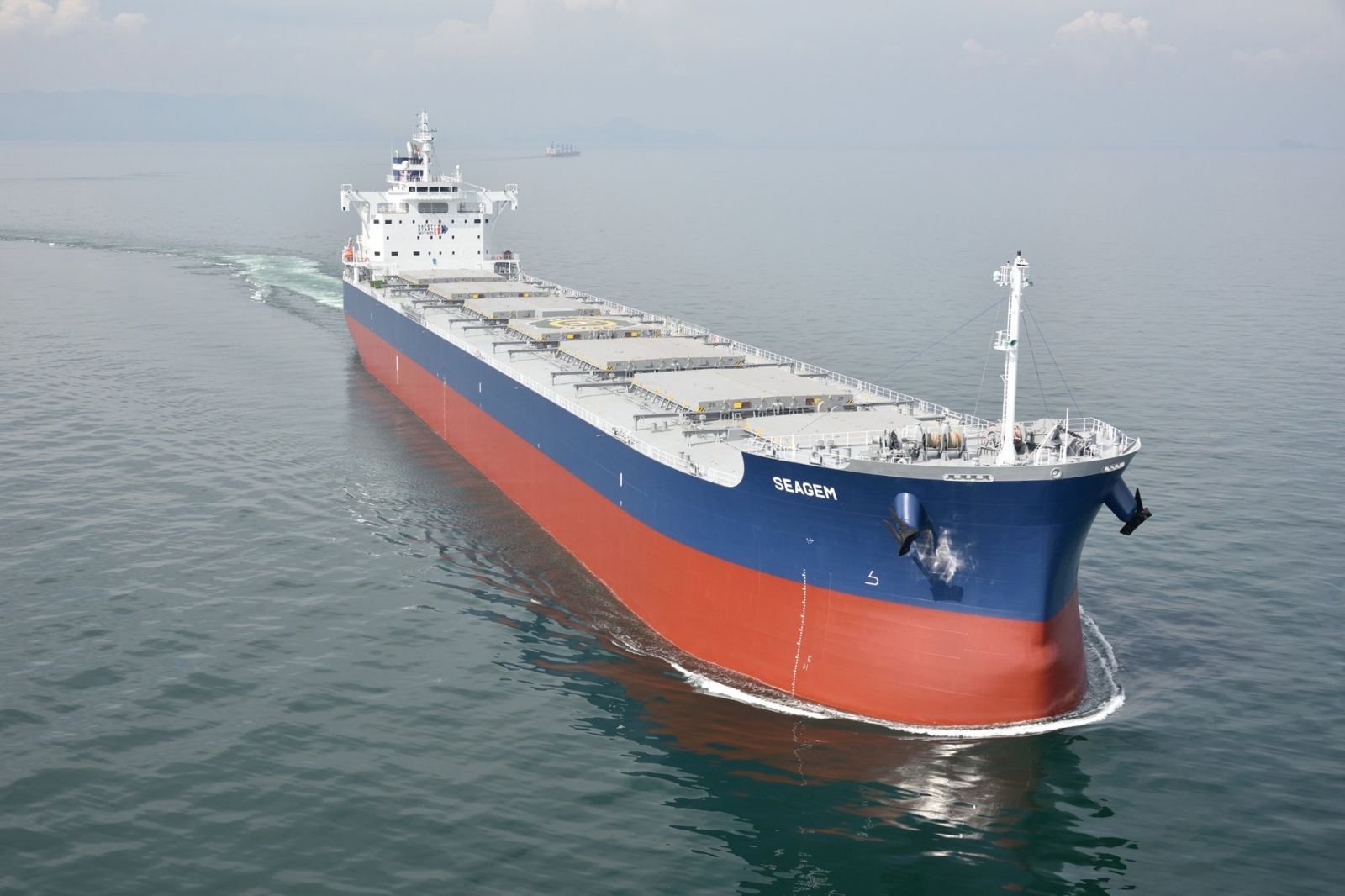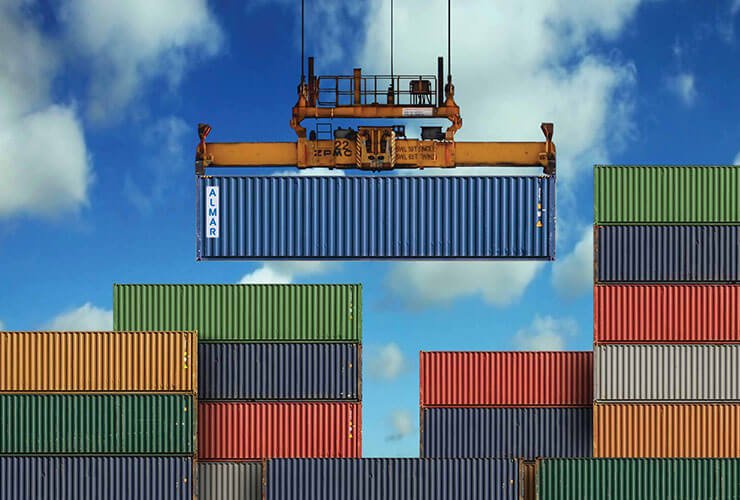HIGHLIGHTS
- Coca-Cola chooses to use three bulk carriers to transport 60,000 tons of cargo.
- Currently, the freight cost from Shanghai to Rotterdam is 14,558 USD/barrel equivalent to 40 feet.
ARTICLE
Coca-Cola switched to using bulk carriers
In normal times, the company transports materials around the world in the same 20-foot steel boxes that haul everything from toys to bicycles. Given the current market situation, the company has chosen to use three bulk carriers – commonly used by commodity traders to transport products such as coal and iron ore – to transport 60,000 tonnes of cargo, Alan Smith, the company’s chief purchasing officer, said in a LinkedIn post.

“When you can’t get containers or space due to the current ocean freight crisis, then we had to think outside the box,” Smith said.
The big advantage of using containers is that they are part of a well-established logistics chain that gets goods efficiently from where they are made to where they are used. Bulkers may be cheaper, but they can be less convenient because the cargoes have to get moved to and from ports.
Shipping costs increase sharply, the shipping market is increasingly competitive
According to data from Drewry Shipping, to understand what Coca-Cola and many multinational companies are competing with, currently, the cost of freight from Shanghai to Rotterdam is $14,558 per barrel or 40 feet. Prices this year have hit a record at least the past decade.
The cargoes that Coca-Cola switched would normally have filled 2,800 20-foot-equivalent steel boxes. The switching is “the first of many we hope over the coming months and a prime example of excellent collaboration between our procurement teams, our supply chain partners, and our suppliers,” he said.
So tight is the container freight market that there has even been demand for some bulkers — so-called because they move cargoes in bulk and not in individualized boxes — to move boxes on their decks.

Unfortunately for the companies hiring vessels, even dry-bulk freight is now booming too. The Baltic Dry Index, an overall measure of the cost of hiring such vessels, soared to a 13-year high of 5,409 points on Oct. 5, according to the Baltic Exchange in London.
Van Anh
FURTHER READING
China power crisis: Can big companies suffer anymore?













